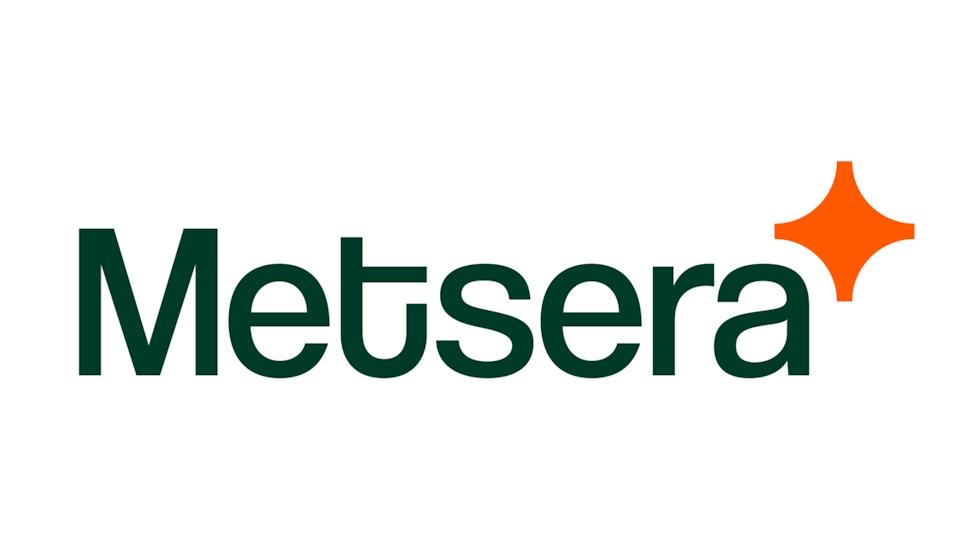New dengue vaccine is good news for 400 million people – and Sanofi

The first ever vaccine against dengue, the mosquito-borne disease that infects 400 million people a year, has been approved in Mexico.
Named Dengvaxia, it is the product of 20 years research by Sanofi Pasteur, the vaccines division of Paris-based Sanofi, and could help prevent millions of people from being infected with the painful and sometimes deadly disease.
It can cause excruciating pain in the joints and abdomen- so severe it is sometimes referred to as the 'bone breaker' disease - as well as vomiting and circulatory system failure.
Mexico is the first country in the world to approve Dengvaxia, which is also major news for Sanofi, which needs to find a new commercial success to help offset lack of growth in existing products, especially its diabetes portfolio.
Large scale clinical trials have shown Dengvaxia, protected two-thirds of people against dengue in those aged nine and older, and worked best at protecting against severe dengue, the potentially fatal form of the disease, where it prevented the vast majority of cases (93%) and reduced hospitalisations due to dengue by 80 per cent.
Sanofi hope these results will convince the countries affected by the disease that it is worth investing in. Latin America and Asia suffer most from the infection, and it is here that the bulk of Sanofi's revenues must come from.
Olivier Charmeil, head of Sanofi's vaccines business, told the Wall Street Journal that the firm hasn't yet agreed a price with the Mexico government, but expects to do so within weeks.
Charmeil added that the price would reflect the vaccine's value in terms of the savings it could generate in healthcare: Sanofi says the cost of treating dengue is around $9 billion globally, and that mosquito nets and other strategies cost a further $6 billion to $9 billion.
The company aims to have the product filed in the 20 most affected countries by the end of 2015, and will submit it in the European Union in 2016 and in the US in 2017.
Dengue has been spreading rapidly in recent years - the WHO says it is the fastest growing mosquito-borne disease in the world today, with increased urbanisation, mobility of populations and climate change all contributing to an alarming increase.
Mass outbreaks of the disease were first seen in the Philippines and Thailand in the 1950s, but in the intervening decades dengue has spread, and is now endemic in 128 countries. This means about 4 billion people are at risk, about half the world's population, and cases of the infection have increased 30-fold in this period.
The WHO has called on endemic countries to reduce dengue mortality by 50% and morbidity by 25% by 2020. Sanofi says forecast suggest vaccinating 20% of the population in the 10 endemic countries that participated in the Phase 3 efficacy studies for Dengvaxia, in the ages 9 and above indication, the burden of the disease could be cut by dengue burden by 50% in five years.
This reduction in the at-risk population would then be likely to have a knock on effect, meaning fewer mosquitoes capable of transmitting the disease, potentially leading to a lower overall risk of transmission risk throughout the population.
Despite the increasing number of cases in Europe and the US, the disease remains rare in these regions, with Sanofi therefore unable to rely on these high price markets for its income. That means Sanofi will need to rely on middle income countries and developing economies.
Brazil is by far the worst affected of all countries, which has seen cases exceed 1 million in recent years. The country should be a key market for Sanofi's product, however Instituto Butantan, a state-run biomedical facility in São Paulo is also developing its own vaccine. This is likely to available at a lower cost if and when it gains approval, putting pressure on Sanofi to establish its product quickly.











